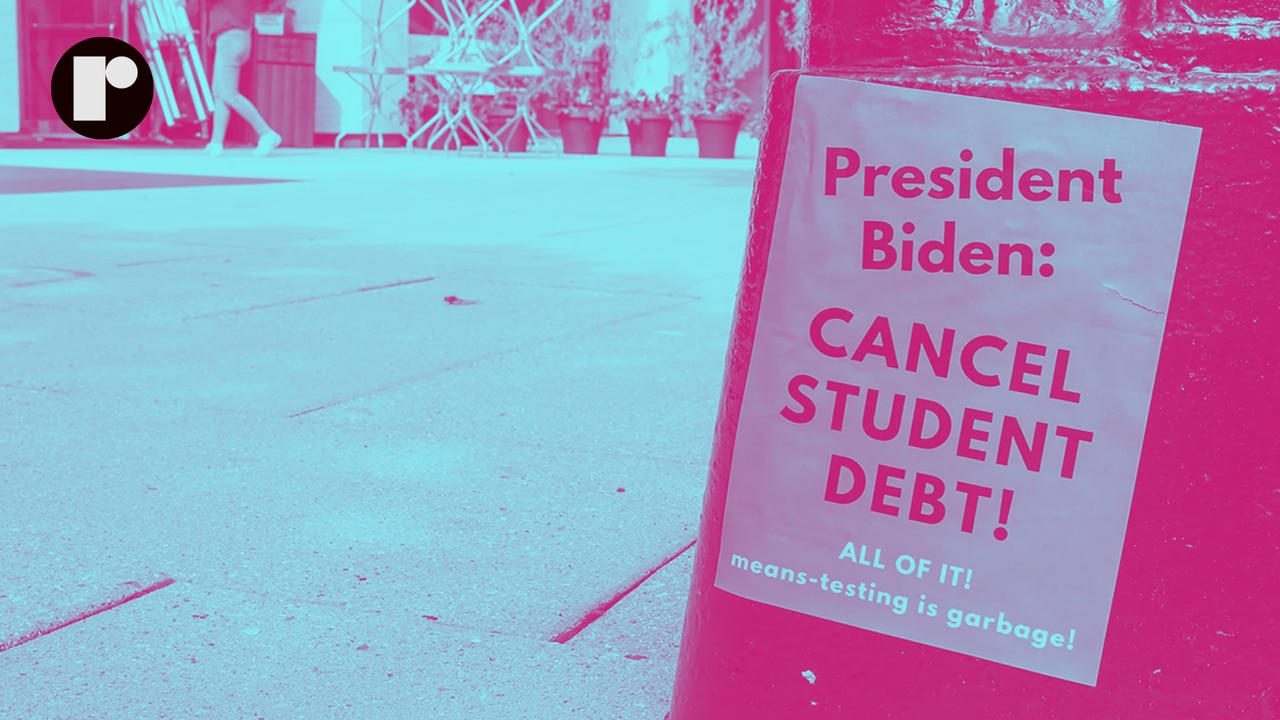Will it hurt me or help me: The impact of delaying payments on your student loan debt
Since repayments resumed this October, navigating student loan debt comes with many questions from borrowers. This week, a Broke & Bothered reader, a newsletter focused on student loans and economic justice, asked Reckon ‘will it hurt my credit score if I don’t make payments on my loans this year?’
Here’s what you need to know about the impact of delaying payments on your student loan debt.
The U.S. Department of Education has created an on-ramp transition period to ‘help borrowers successfully return to repayment.’ This on-ramp will automatically put a borrower’s loans in forbearance, suspending payments by giving you the option to skip payments without becoming delinquent, if payments are missed, late or partial.
“During this period, if you can pay your monthly bills, you should,” President Joe Biden said in a June 30 press conference. “But if you cannot, if you miss payments, this ‘on-ramp’ will temporarily remove the threat of default or having your credit harmed, which can hurt borrowers for years to come.”
While interest will continue to accrue on student loans, the U.S. Department of Education will not garnish wages or report a borrower as delinquent to their loan servicer during the on-ramp period, but they do not control how credit scoring companies factor in missed or delayed payments.
The temporary on-ramp period will last through Sept. 30, 2024, but only loans that were eligible for the three-year payment pause qualify for the on-ramp.
Pros of the on-ramp period
- Missed, late or partial payments won’t be reported to credit bureaus
- The U.S. Department of Education can’t garnish or withhold tax refunds, wages and Social Security benefits
- Unpaid student loan interest won’t capitalize — or be added to your principal loan balance — after the on-ramp expires
Cons of not making payments during the on-ramp period
- Interest will accrue, so the amount you’ll owe will increase
- Missed, late or partial payments will still be due after the on-ramp ends in Sept. 2024
- Borrowers will see no progress toward their loan forgiveness under an income-driven repayment (IDR) plan
